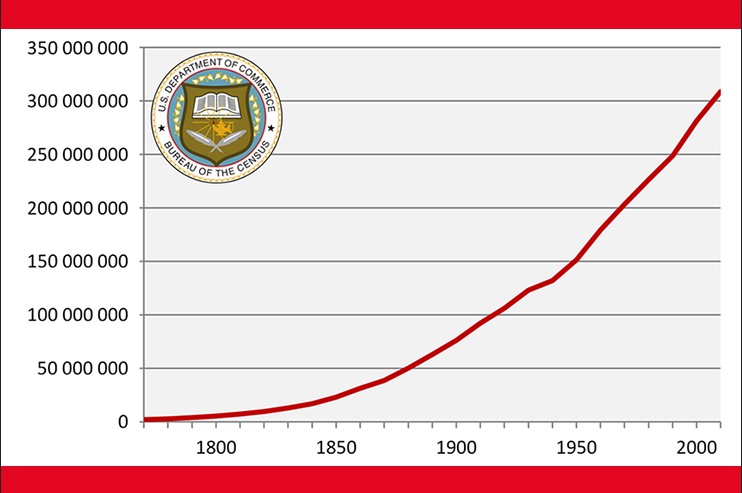For months now I have been struggling to understand or comprehend the reason Biden's administration ignored our border, lied about it and allowed tems of millions to cross illegally and enter the country. I think I have discovered it.
The millions of undocumented immigrants living and often working in the United States are counted in the decennial U.S. census, but proponents and opponents of the practice argue over whether that should be the case.
As currently required by law, the U.S. Census Bureau attempts to count all persons in the U.S. living in residential structures, including prisons, dormitories, and similar "group quarters" in the official decennial census. People counted in the census include citizens, noncitizen long-term visitors, and immigrants, including undocumented ones.
:max_bytes(150000):strip_icc()/GettyImages-500414662-5893f9435f9b5874ee621115.jpg)
 www.thoughtco.com
www.thoughtco.com
The census counts everyone, not just citizens. Therefore, “sanctuary” blue states who are losing population can maintain their high levels of Democratic representation in Congress. It’s all about political power. Not safety, not following the laws, not deficits being caused by their policies, just power.
It doesn't make any sense to count anyone who is not a permanent resident or citizen. Why would ILLEGAL aliens get represented? It is long past time to end this foolish politically motivated practice.
The millions of undocumented immigrants living and often working in the United States are counted in the decennial U.S. census, but proponents and opponents of the practice argue over whether that should be the case.
As currently required by law, the U.S. Census Bureau attempts to count all persons in the U.S. living in residential structures, including prisons, dormitories, and similar "group quarters" in the official decennial census. People counted in the census include citizens, noncitizen long-term visitors, and immigrants, including undocumented ones.
:max_bytes(150000):strip_icc()/GettyImages-500414662-5893f9435f9b5874ee621115.jpg)
Debating Counting Undocumented Immigrants in the U.S. Census
The millions of undocumented immigrants living in the United States are counted in the U.S. census, held every 10 years.
The census counts everyone, not just citizens. Therefore, “sanctuary” blue states who are losing population can maintain their high levels of Democratic representation in Congress. It’s all about political power. Not safety, not following the laws, not deficits being caused by their policies, just power.
It doesn't make any sense to count anyone who is not a permanent resident or citizen. Why would ILLEGAL aliens get represented? It is long past time to end this foolish politically motivated practice.
Last edited:



